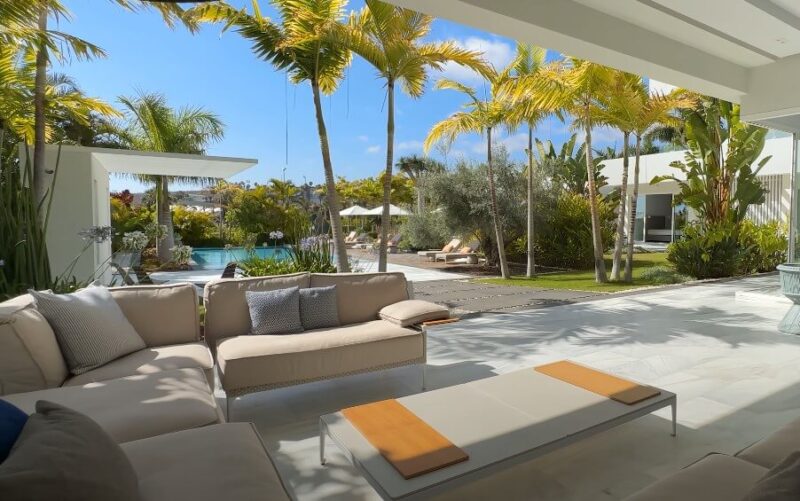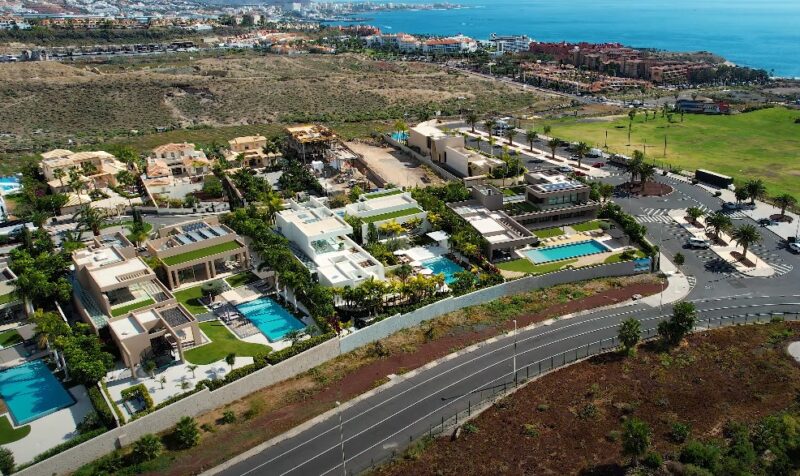Spain, known for its thriving tourism industry, is facing new challenges as the influx of tourists continues to grow. Recent protests and increasing living costs have spurred the government to take action, targeting holiday rentals in major tourist cities.
The crackdown comes as part of a broader effort to manage overcrowding and make life more affordable for locals, especially in hotspot destinations like Barcelona and Tenerife.
Overcrowding and Housing Crisis

Tourism in Spain, particularly in cities such as Barcelona, has led to an overcrowded urban landscape, with streets teeming with tourists year-round.
As express.co.uk points out, property prices have surged, creating a housing crisis for residents. In the past decade, the following happened:
- Rent prices in Barcelona have shot up by 68%
- House prices have increased by 38%
This rapid escalation has priced out many locals, turning once-affordable neighborhoods into expensive hubs dominated by short-term tourist accommodations.
Locals have protested against these shifts, citing that holiday rentals are exacerbating the housing crisis and making it nearly impossible for residents to live comfortably.
Stricter Regulations and Hotel Expansion
To address these issues, the Spanish government has implemented a series of strict regulations targeting holiday rentals.
In Barcelona, city officials have enacted a ban on new tourist apartment licenses and are working to phase out existing holiday rentals in residential areas.
The goal is to close 10,000 tourist apartments by 2028, significantly reducing the pressure on the housing market.
Meanwhile, in Tenerife, similar measures have been introduced to limit the number of short-term rentals available to tourists.
However, as part of a compromise to maintain tourism levels, the expansion of hotel accommodations is being encouraged.
Shift Towards Luxury and Quality Tourism

Spain is also shifting its tourism strategy, placing a greater emphasis on attracting higher-spending visitors.
With the closure of many low-budget tourist apartments, officials are keen to draw in more affluent travelers who are likely to stay in higher-end accommodations and spend more on local businesses.
In both Tenerife and Barcelona, plans are underway to develop luxury hotels that cater to this new market.
These initiatives reflect Spain’s desire to move away from mass tourism and focus on sustainable growth, prioritizing quality over quantity in the tourism sector.
Local Government’s Viewpoint
Local officials are clear about their intentions to balance tourism and resident welfare.
Barcelona Mayor Jaume Collboni has emphasized the importance of reducing the strain that mass tourism places on the city, stating that the closure of tourist apartments is a necessary step to restore a balance between tourism and housing availability.
Lope Alfonso, Tenerife’s tourism chief, has echoed these sentiments, stressing that the island is committed to maintaining its status as a world-class tourist destination while addressing the social challenges brought by unregulated holiday rentals.

